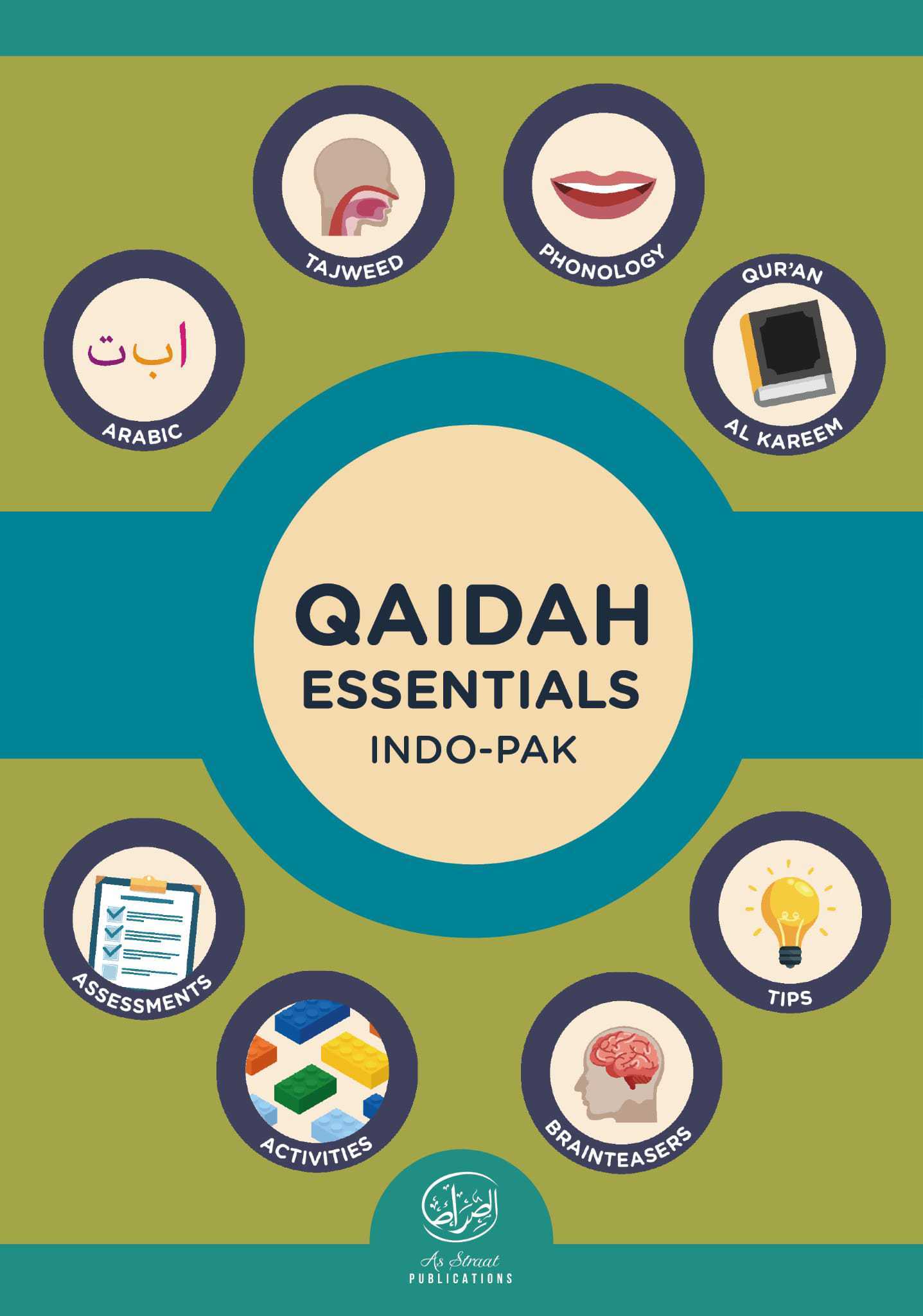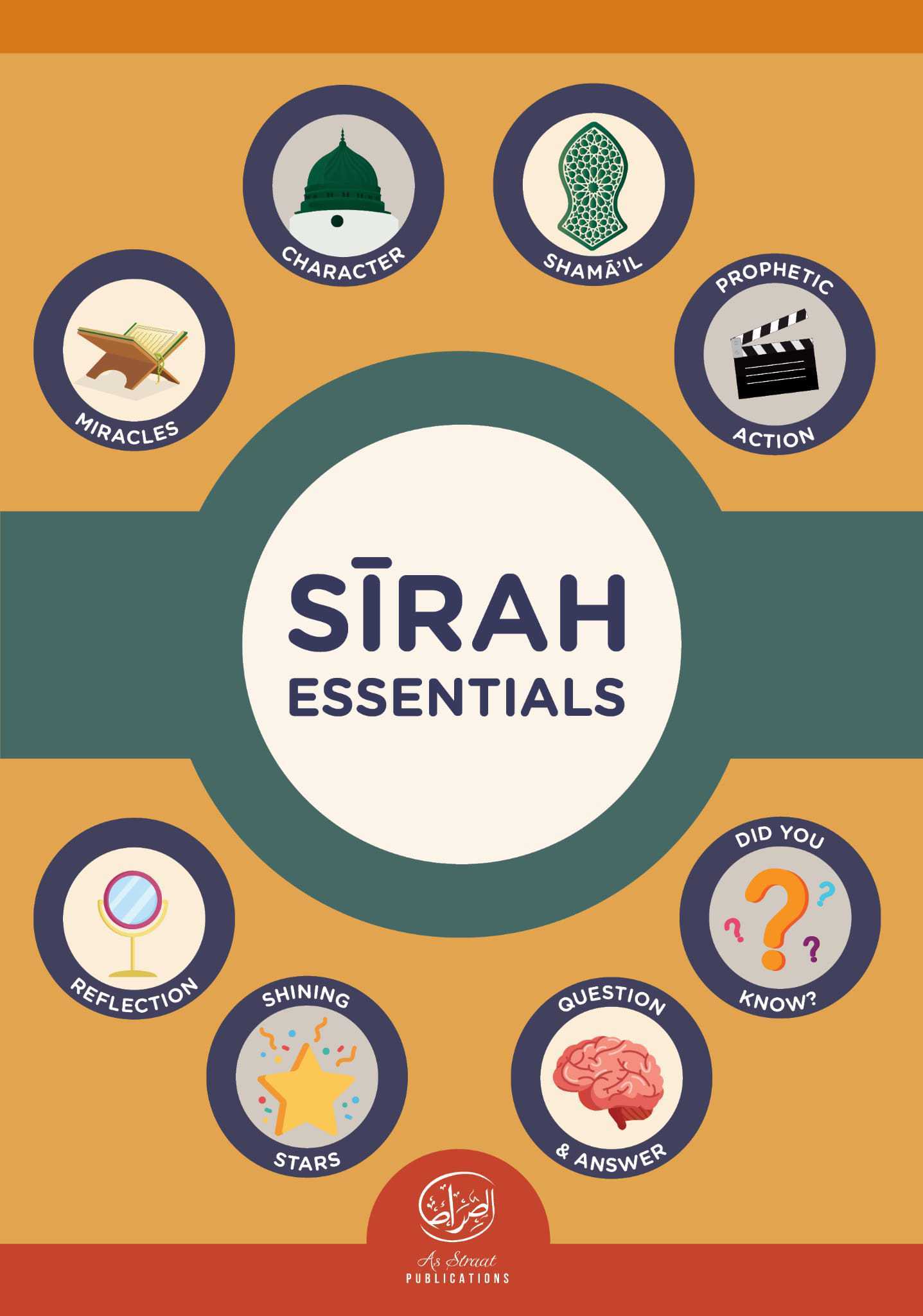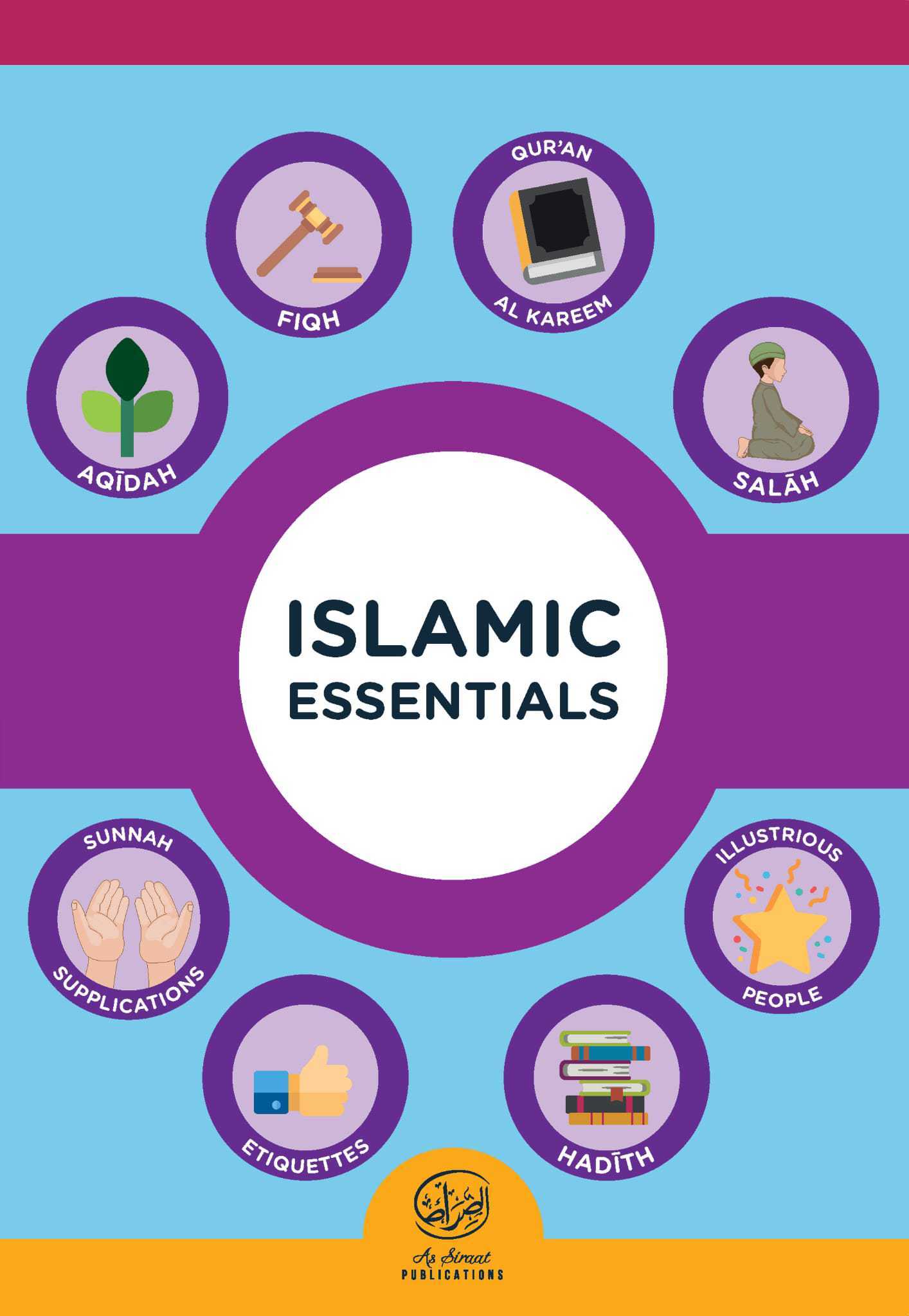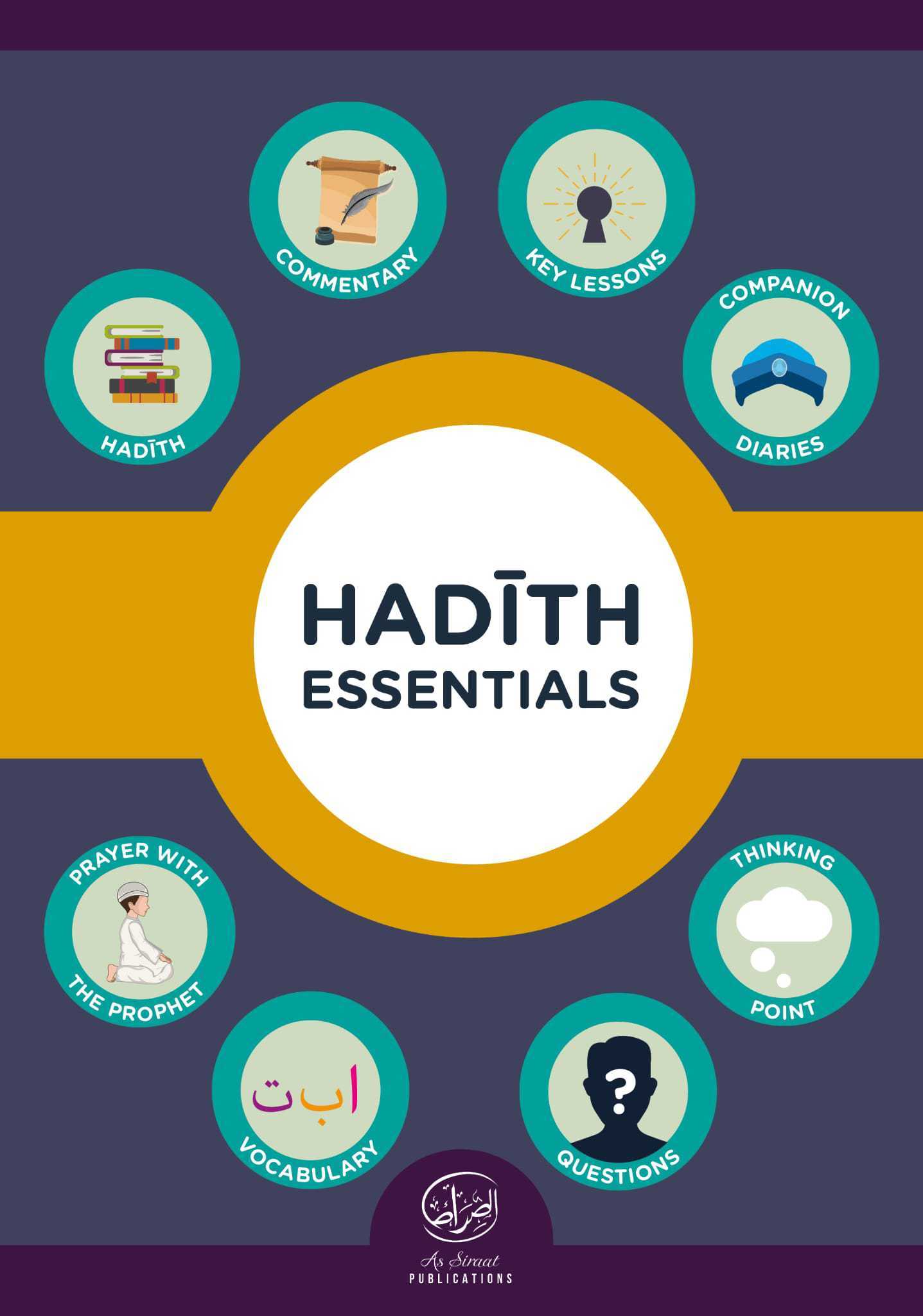A comprehensive Islamic education framework designed for progressive learning across all age groups.
Our approach to Islamic education combines traditional knowledge with modern pedagogical methods.
The Essential Series curriculum is built on three fundamental principles:
1. Authentic Knowledge - Our content is grounded in reliable Islamic sources and scholarly consensus, ensuring students receive accurate and trustworthy information about their faith.
2. Progressive Learning - Topics are introduced in a carefully structured sequence that builds knowledge systematically, with concepts revisited at increasing levels of depth as students develop.
3. Engaging Methodology - We employ modern educational approaches including visual learning, interactive activities, critical thinking exercises, and real-world application to make learning meaningful and memorable.
This curriculum is designed to nurture both faith and knowledge, helping students develop a deep understanding of Islam while building the skills to apply Islamic principles in their contemporary lives.
The Foundation level introduces young learners to the core concepts of Islam through engaging stories, visual aids, and age-appropriate activities. At this stage, we focus on building a positive relationship with faith through wonder, discovery, and joy.


The Intermediate level builds on the foundation by expanding knowledge of Islamic beliefs, practices, and history. At this stage, students develop a more structured understanding of their faith and begin to explore the reasoning behind Islamic teachings.
The Advanced level moves into more nuanced discussions of Islamic theology, jurisprudence, and ethics. Students at this stage develop critical thinking skills, explore different perspectives within Islamic tradition, and address contemporary challenges.


The Secondary level focuses on developing a sophisticated understanding of Islam as both a spiritual tradition and intellectual framework. Students at this stage engage with primary texts, explore specialized topics, and prepare for independent inquiry.
Flexible approaches to implementing the Essential Series curriculum in different settings.
Comprehensive implementation as a complete Islamic Studies curriculum, with teacher training, assessment tools, and all supporting materials for classroom use.
Adapted implementation for limited time settings, focusing on core content with simplified lesson structures and streamlined activities.
Parent-led implementation with detailed guides, flexible scheduling options, and additional resources to support home learning environments.
Informal implementation focusing on shared activities, discussion guides, and resources that bring family members together for Islamic learning.
Digital implementation through our online platform, with interactive activities, video content, and virtual classrooms for remote learning.
Hybrid implementation combining different elements to create a customized approach that meets specific needs and contexts.
Whether you're a parent, teacher, or school administrator, our curriculum can help you provide engaging, authentic Islamic education.